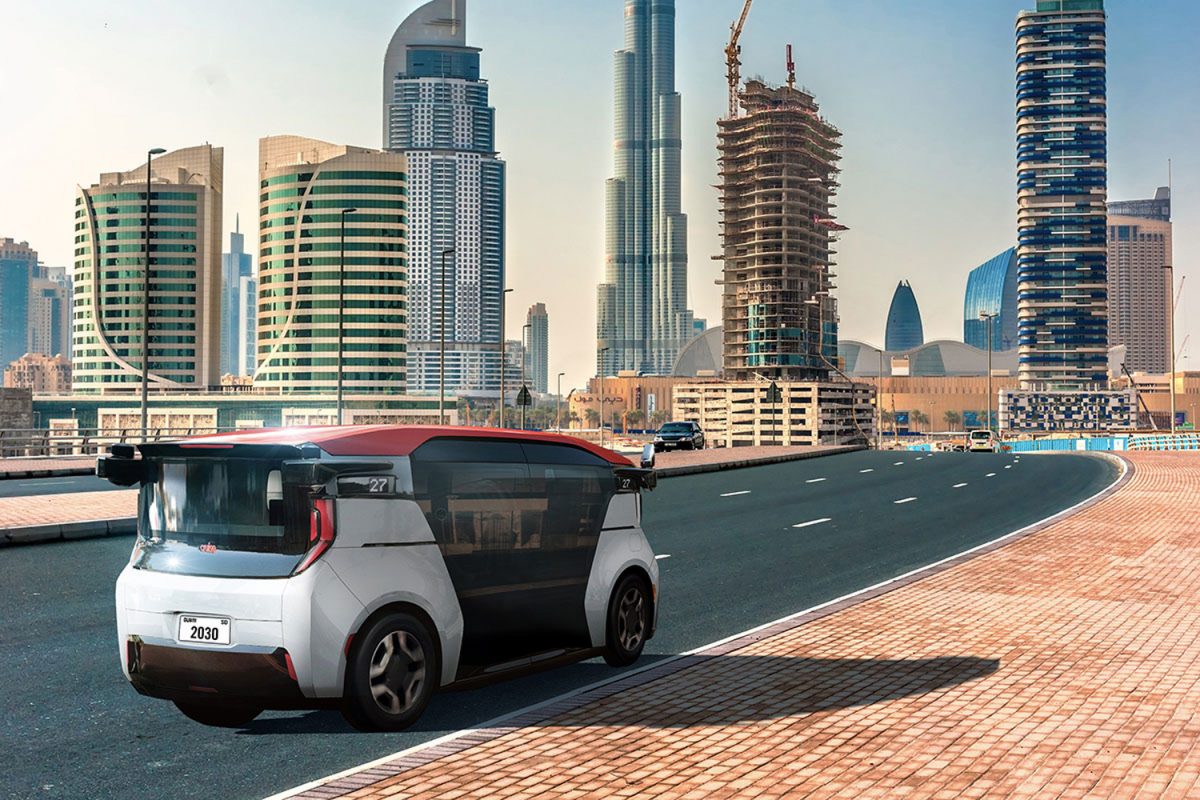In the next decade, Dubai’s transportation sector stands at the cusp of significant change. The emergence of autonomous vehicles, including driverless cars, is poised to revolutionize transportation, driven by innovative modes and technological advancements. Leveraging its position as a leader in research and development (R&D) and technology, the United Arab Emirates (UAE) is at the forefront of utilizing artificial intelligence (AI) to streamline costs and boost the efficiency of public transit.
A Vision for the Future
To cement Dubai’s reputation as the world’s smartest city, His Highness Sheikh Mohammad Bin Rashid Al Maktoum has unveiled an ambitious plan for the city’s transportation future. Key objectives of this initiative include:
- Automating 25 percent of Dubai’s transportation by 2030.
- Projecting a 44 percent reduction in costs, potentially saving up to Dh22 billion annually.
- Cutting travel time by 396 million hours per year, leading to a 13 percent increase in productivity.
- Anticipating a 12 percent decrease in accidents, resulting in annual savings of $2 billion.
Preparation for the Shift
Despite the imminent arrival of cutting-edge self-driving Ubers, Dubai’s streets require digital mapping before these vehicles can deploy for public use. Cruise, an autonomous vehicle company, is set to commence operations with two Chevrolet Bolt electric vehicles (EVs) on July 24 to create digital maps for its self-driving fleet, according to Dubai’s Roads and Transport Authority (RTA). Dubai will be the first city outside the USA to implement such self-driving cars.
Mattar Al Tayer, Director General of the RTA, emphasized the importance of this initiative in enhancing Dubai’s pioneering role in self-driving transport, crucial for realizing the Dubai Smart Self-Driving Transport Strategy aiming to transition 25 percent of total mobility journeys to various self-driving modes by 2030.
The Era of Self-Driving Taxis in Dubai
Dubai residents will soon enjoy the convenience of summoning driverless taxis, akin to hailing an Uber. The RTA has announced plans to commence testing of self-driving taxis by the end of 2022, with an official launch scheduled for 2023. Operations are set to begin by the end of 2023, with an expected fleet of 4,000 cabs by 2030, as indicated in an Instagram post by RTA.
Equipped with 80 sensors, cameras, and LiDAR systems, these vehicles will monitor road conditions and serve as safeguards against collisions, including those undetectable by the human eye. With over 90 percent of vehicle accidents attributed to human error, these driverless taxis not only cater to vulnerable segments like seniors and physically challenged individuals but also operate with a minimal carbon footprint.
Embracing Technological Advancement
The introduction of driverless cars in Dubai underscores the country’s commitment to rapid technological advancement and adoption. To solidify Dubai and the UAE’s status as the technological hub of the GCC and MENA region, they must maintain a forward-thinking approach, anticipating and preparing for the future, as demonstrated by their ongoing initiatives.






